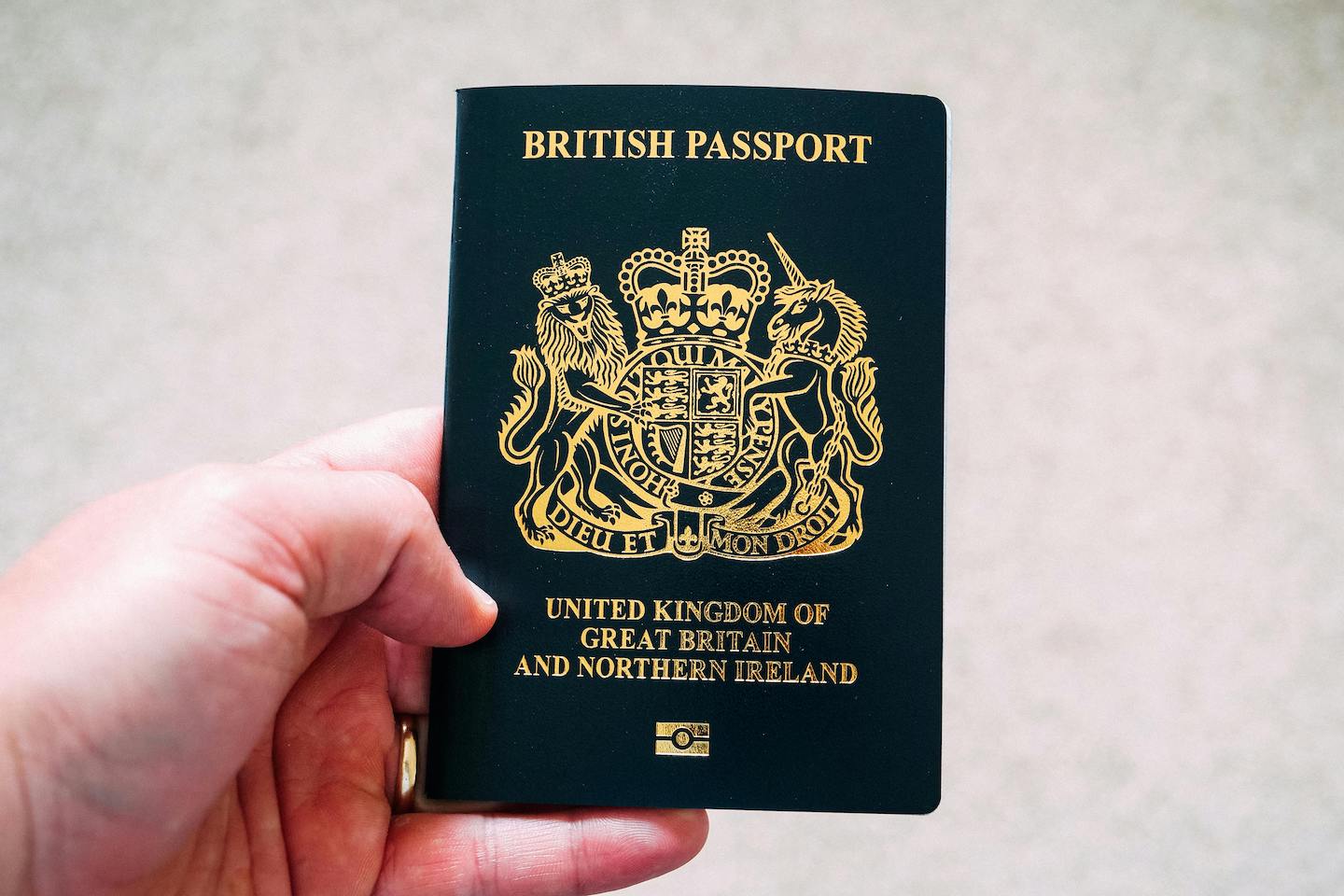New Passport Rules for British Travelers
Starting in 2025, Portugal, along with other Schengen countries, will implement the Entry/Exit System (EES), an electronic system designed to streamline and enhance security. This system records details of non-EU travelers entering and exiting the Schengen Area, requiring visitors to scan their passports upon both entry and exit. The goal? Faster, more efficient border crossings. However, it’s essential to make sure your passport meets the updated requirements:
- Passport Validity: Your passport must have at least three months of validity remaining after the intended departure date from the Schengen Area. Ideally, it should be issued within the last ten years.
- Entry/Exit Scans: At border control, travelers’ passport details will be recorded electronically with the EES, replacing manual stamps. This change is intended to make crossing borders quicker and will apply each time you enter or exit the Schengen Area.
- Short-Stay Limits: Remember that UK citizens can spend up to 90 days within any 180-day period in Schengen countries without a visa. The EES will monitor this automatically, meaning those staying over 90 days may face fines or reentry restrictions.
- ETIAS Authorization: Another key change will be the European Travel Information and Authorization System (ETIAS), similar to the US ESTA. Set to launch in 2025, ETIAS requires travelers to apply online for a €7 permit valid for three years. Once approved, this permit allows short-term stays across the Schengen Area.
Preparing for Smooth Entry
Make sure your passport meets validity requirements, be ready for electronic scanning, and consider applying for ETIAS when it becomes available. These new steps will make border checks more seamless while ensuring that your time in Portugal and the EU is hassle-free.
For more details, visit the Foreign Office Travel Advice or check with Portugal’s tourism site before travel.












